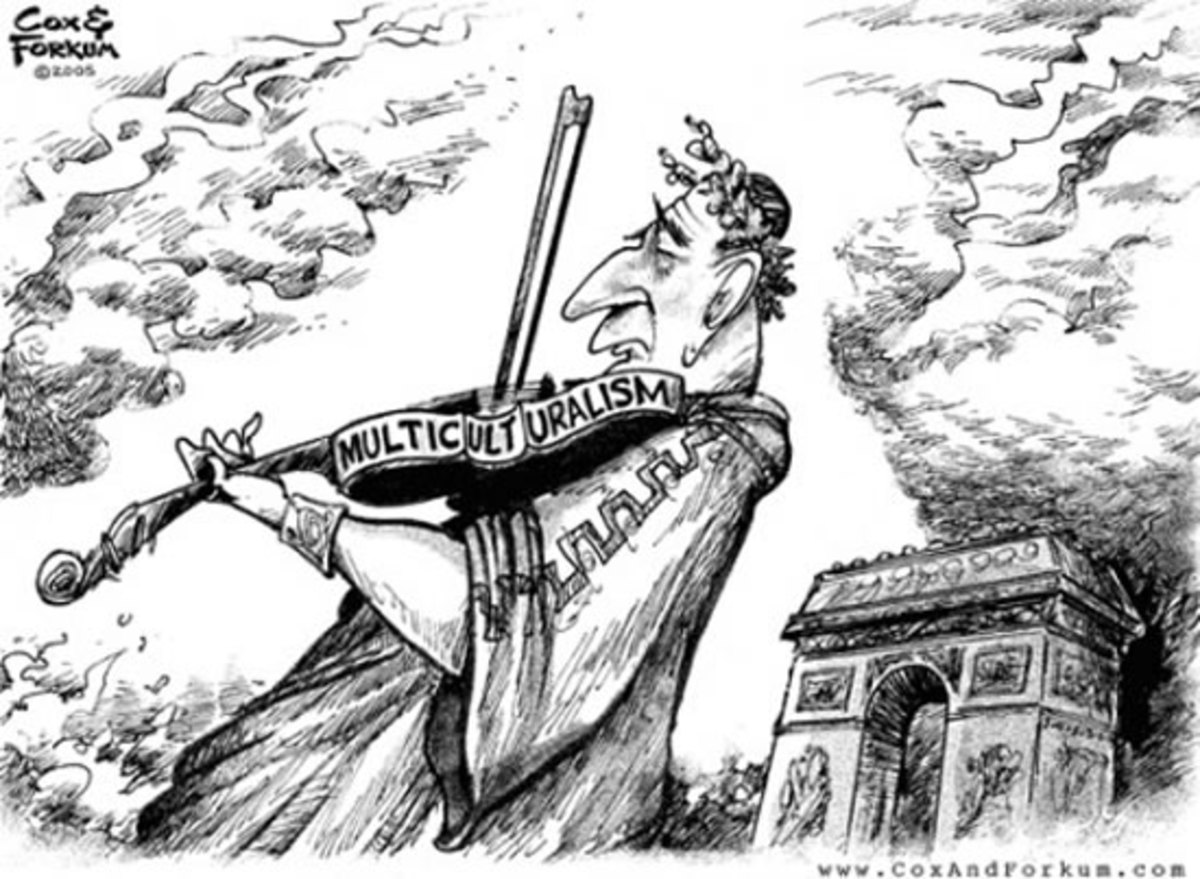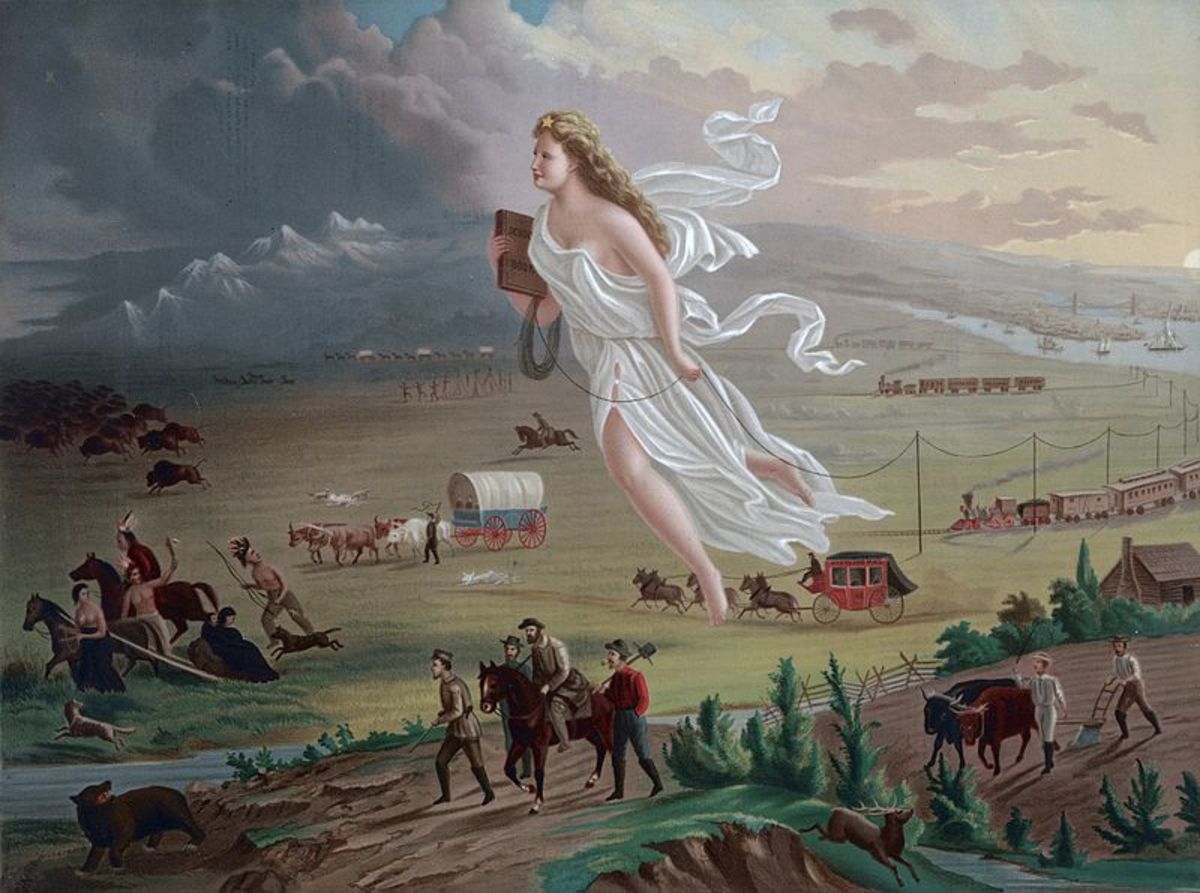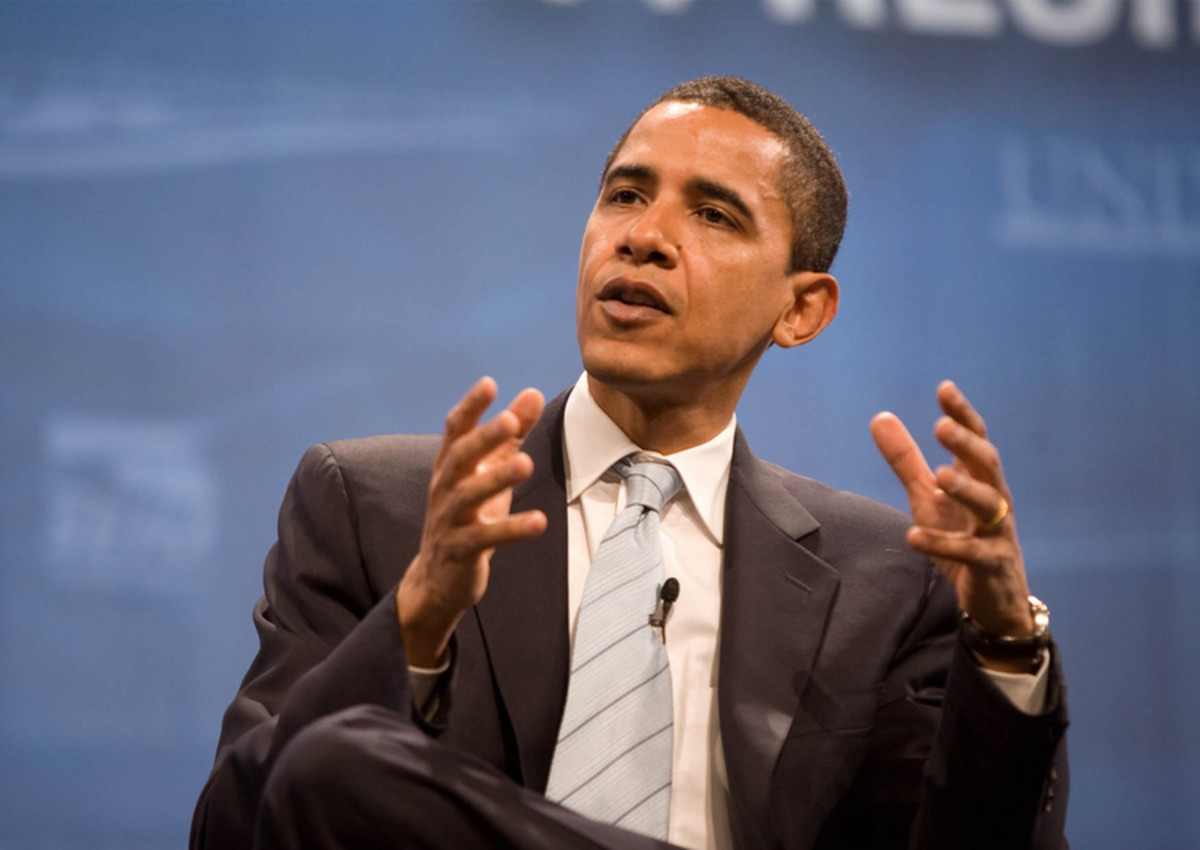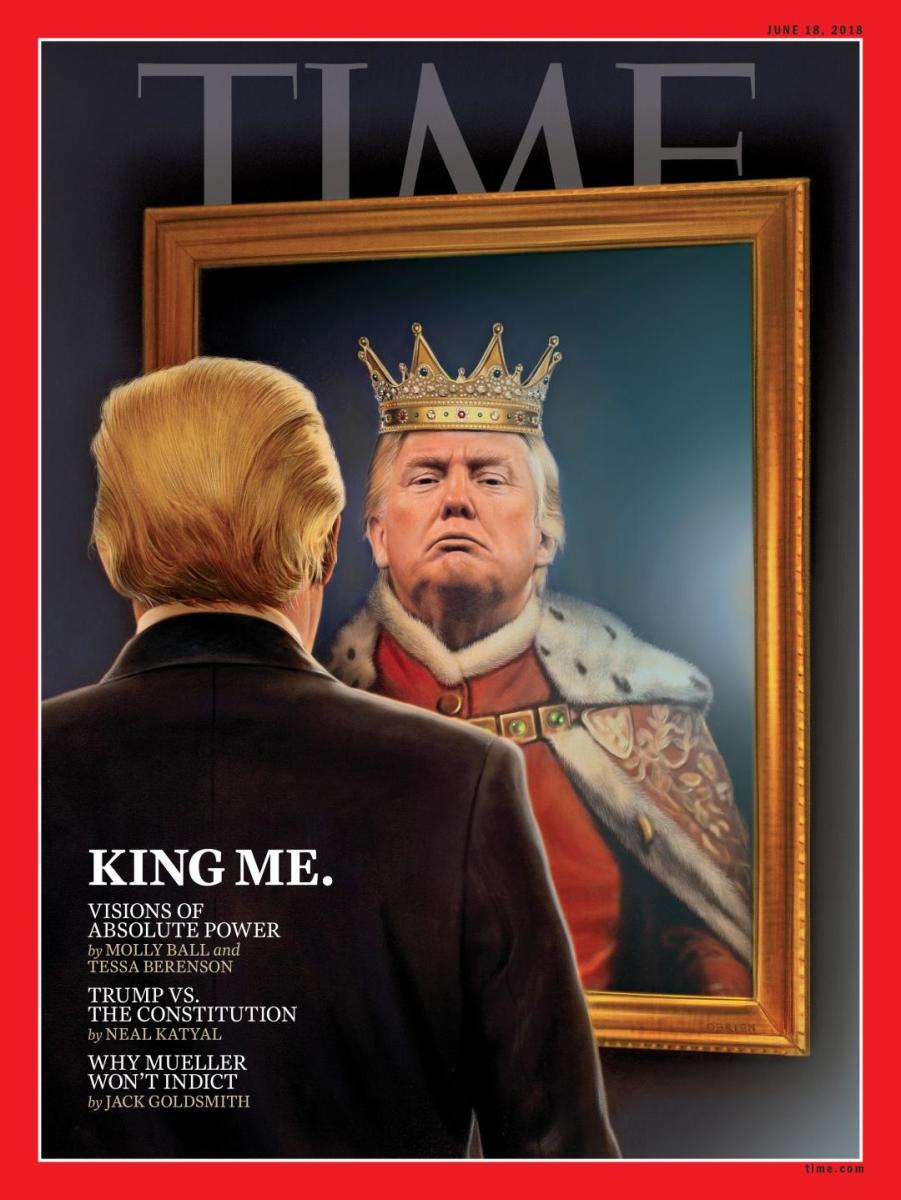What Is American Exceptionalism? A Historical Overview
Definition of American Exceptionalism
Many Americans and others throughout the world think of America as an exceptional nation. This idea of American exceptionalism can be tied to political developments in American history. Other people think of America in exceptional terms because of its economic, military, or religious character. The topic of American exceptionalism has become a more common area of discussion in recent years.
Origins of American Exceptionalism?
Many people have tried to trace their belief in American exceptionalism to the Puritans. In 1630, John Winthrop preached a sermon titled "A Model of Christian Charity" in which he spoke of the new Puritan colony in Massachusetts as a "city upon a hill."
Among others in American history, Presidents John F. Kennedy and Ronald Reagan noted this idea of America as a shining city on a hill in their political speeches. However, this was not exactly Winthrop's idea. The Massachusetts governor actually wanted to be an example to Europe and the Puritans viewed themselves as Englishmen who were attempting to set up a perfect Christian Commonwealth that would show England how it would be done.
American Exceptionalism Poll
Do you believe in American exceptionalism?
Early American History
Throughout the colonial period, most Americans continued to consider themselves as Englishmen, although the colonies were a sort of melting pot even at this point. There was little in the way of a call for revolution until 1775. The Americans claimed the rights of Englishmen that they felt were being denied them.
As everyone knows, the Americans would officially win their independence in 1783 with the Treaty of Paris. The founding fathers were a bit apprehensive about the ability of the people to succeed with the new republic based upon liberty for property-owning white males. President Washington thought that the new Constitution would do well to last 20 years. Benjamin Franklin, when asked what type of government the delegates at the Constitutional Convention had outlined, replied, "A republic, if you can keep it."
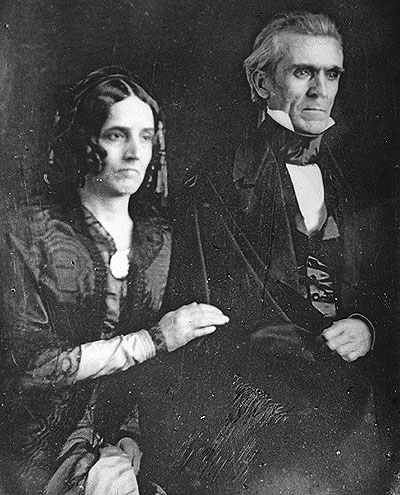
Manifest Destiny
The inconclusive War of 1812 in which the Americans avoided conquest increased American confidence. Early observers such as Alexis de Tocqueville spoke highly of American institutions, especially its nascent democracy.
During the 1830s and 1840s, many Americans began to think increasingly in terms of a special mission for their nation. John L. O'Sullivan and the Democratic Review called for America to recognize its manifest destiny to take over the North American continent from Atlantic to Pacific. Many believed that God had ordained that America would achieve this goal.
In the mid-1840s, the United States would achieve the goals of Manifest Destiny as it defeated Mexico in the controversial Mexican-American War of 1846-1848. President James K. Polk enticed the Mexicans to fire on Americans along the disputed border of the Rio Grande River. Most Americans and Mexicans held that the more northerly Nueces River was the border, but Polk stationed troops along the Rio Grande, which would become the southern border of Texas after the war.
The Mexican Cession basically set the borders of the continental United States, with the exception of the Gadsden Purchase of 1853 that gave a small strip at the bottom what would become the states of New Mexico and Arizona to the US.
Threat to American Exceptionalism
One of the biggest threats to the nation was the Civil War. The Southern states attempted to break away from the North over the issue of slavery. Many historians have argued that the South was more concerned with states' rights, but some of the secession ordinances of the states usually referred to "property" rights in relation to slaves.
Abraham Lincoln noted the threat that the Civil War posed to a "nation conceived in liberty and dedicated to the proposition that all men are created equal." The end of the Civil War led to a contentious reunification of the two sections and a massive industrialization that made many think again of America's special place in the world.
American Imperialism
Many people tend to shy away from the terminology of American imperialism. Texas now refers to this idea as American Expansionism and looks at the years straddling the turn of the twentieth century as an aberration, rather than a continuation of earlier attempts at taking land.
Presidents such as William McKinley and especially Theodore Roosevelt thought that America should have an important role in world events. McKinley somewhat reluctantly led the US into war with Spain that led to the annexation of the Philippines and Puerto Rico. The US also annexed Hawaii in 1898. Theodore Roosevelt built up the navy and sent his "Great White Fleet" on a trip around the world as a show of strength.
Both Roosevelt and Woodrow Wilson supported American activity in World War I. Both saw America as a beacon of democracy that the rest of the world should try to emulate. Wilson himself called the Great War a "war to make the world safe for democracy."
Many Protestants in America and Britain felt that the English-speaking world was set up as a powerful force in world politics at this time to spread true civilization and Christianity around the world. Of course, for many Protestantism and true civilization were synonymous.
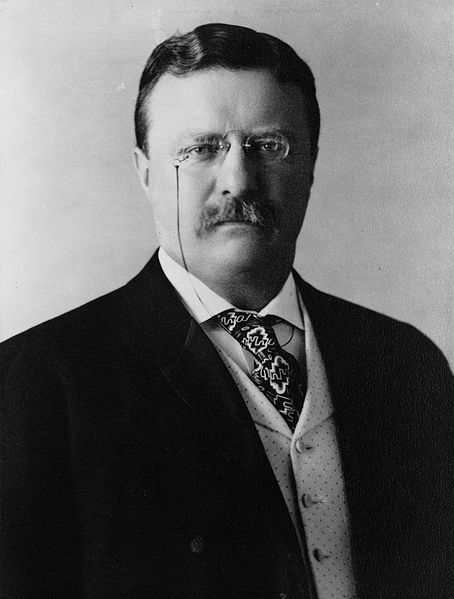
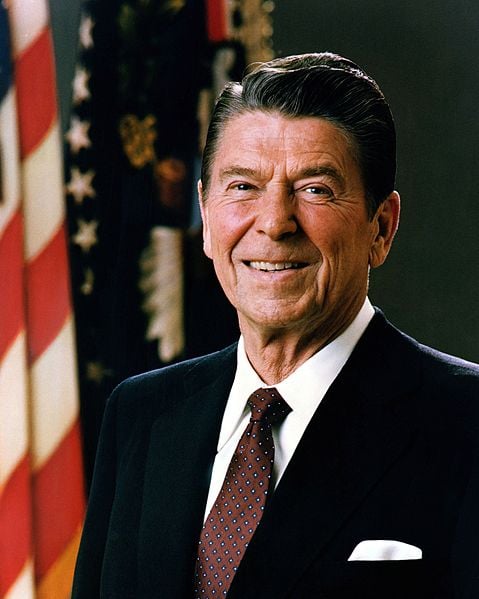
World War II and the Cold War
The American part in the World War II victory by the Allies led to true American leadership in world affairs. The Cold War era saw many Americans view their part in world politics as terribly important in opposition to the godless Communists in the Soviet Union. It was believed by many that the more religious character of the United States was a source of strength. During the 1950s, the words "in God we trust" were added to currency and "under God" was added to the Pledge of Allegiance.
The loss in the Vietnam War and the political landscape in the 1970s with Watergate and stagflation led some to question whether America was the exceptional nation that it claimed to be. Ronald Reagan attempted to make Americans feel good with his positive speeches and the easy victory in the first Gulf War seemed to remove the doubts that Vietnam caused. After a prosperous decade in the 1990s, the two wars of the 2000s and the Great Recession again led to a fear among many Americans that what has been called the American Century was over.
Signs of American Exceptionalism
In addition to the traditional grounding of views regarding American exceptionalism that relate to the nation's democratic political institutions or its emphasis on Protestant Christianity, additional scholars have looked into the ways that America is exceptional.
America has the world's largest economy. This in itself makes it more exceptional than other nations. Also, some scholars have pointed out the lack of a national healthcare system as another example of American exceptionalism. Many other examples of the unique nature of American society could be cited, and the current interest in the topic should lead to many important studies in the coming years.

